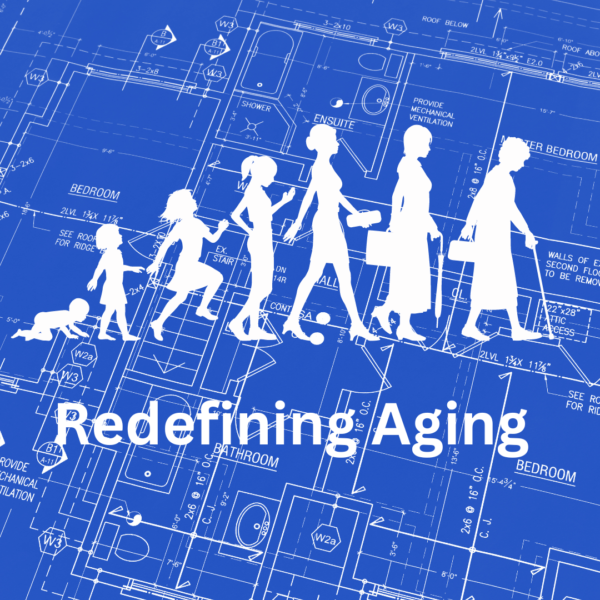Redefining Aging Services: A Visionary Blueprint for the Decades Ahead
With advances in healthcare and technology, people are living longer than ever before. This is rapidly changing the landscape of aging services and presenting new challenges and opportunities. In this blog post, we will lay out a visionary blueprint for redefining aging services to meet the needs of our growing senior population in the decades ahead.
The Impact of the Baby Boomers
The baby boomer generation has fueled economic growth, cultural shifts, and societal changes. Born between 1946 and 1964, the 77 million baby boomers are now reaching retirement age in large numbers. This generation’s values and expectations are transforming how we think about aging services. The boomers came of age during times of great social change and will demand innovative solutions as they enter their senior years.
Demographic Shifts
By 2030, all baby boomers will have turned 65. The number of Americans aged 65+ will double from 52 million in 2018 to 95 million in 2060. With declining fertility rates, there are fewer younger people to support this rapidly growing senior population. These demographic shifts will place increasing demands on healthcare, housing, social services, and programs like Social Security and Medicare.
Healthcare Demands
Aging drives increased healthcare needs, such as care for age-related conditions, a strain on healthcare resources, demand for geriatric specialists, and innovations in senior care. Telemedicine, remote monitoring, and other technologies are helping fill gaps during a time of healthcare workforce shortages. Still, more recruitment, training, and new workforce models are needed to meet the diverse needs of older adults.
Economic Implications
Longer lives and rising healthcare costs are putting pressure on retirement savings and pensions. Financial literacy education is essential to help people plan for longer retirements. Policies and programs like Social Security must evolve to remain solvent with the changing age structure of the population. More collaboration between public and private sectors is needed to ensure aging services are economically sustainable.
Housing and Living Options
Most seniors wish to age in place, but may need modifications to stay in their homes safely as they age. Accessible, affordable senior housing remains limited. Innovative options like multigenerational households, cohousing, villages, and homesharing models are emerging. More diverse living arrangements with opportunities for social connection and community engagement can support quality of life.
Mental Health Needs
One in four adults over 65 have a mental health or substance abuse condition. Depression, anxiety, dementia, addiction, and loneliness impact wellbeing. Increased funding for senior mental healthcare and awareness of aging-related conditions are vital. Holistic care models and age-friendly communities that promote inclusion can help remove stigma and meet growing needs.
Workforce Development
Redefining aging services requires investing in the care workforce. Recruiting and retaining geriatric professionals across disciplines – doctors, nurses, social workers, therapists, caregivers and more – remains a challenge. Education, training, career advancement opportunities, and addressing care worker shortages are top priorities.
Focus on Person-Centered Care
Quality aging services put the person first. Care must be tailored to individuals’ unique needs, goals, preferences, culture, and values. Older adults should be empowered in planning their care. Partnerships between healthcare systems, community organizations, government agencies, families and caregivers can help provide comprehensive support.
Call to Action
With a proactive approach, foresight and innovation, we can build aging services that enable people to live meaningful, vibrant lives as they grow older. Collaboration and public-private partnerships are key. The blueprint calls us all to advocate for older adults, invest in aging research and technology, promote education and training, and have compassion for those needing care. Redefining aging services presents challenges but also incredible opportunities to create a society for all ages

